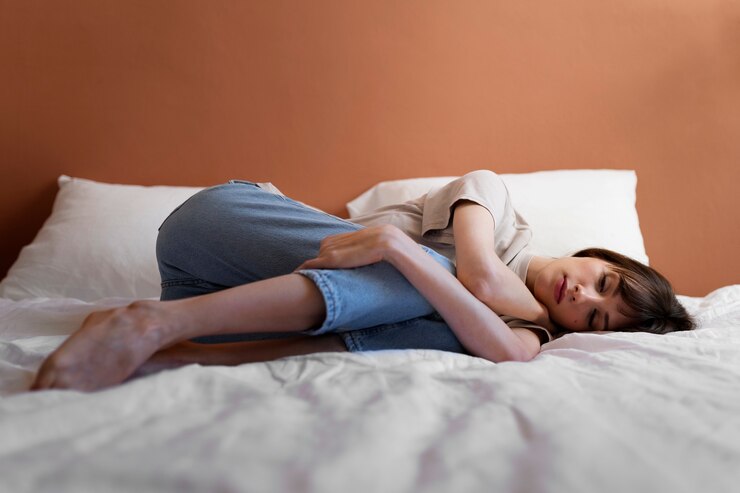Sleep alterations occur with considerable frequency among chronic stroke patients, according to a study Sleep disorders have a prevalence of 30% to 70% in outstroke individuals. The presence of sleep disorders and poor sleep quality after stroke can affect important functions and lead to worse outcomes. This prospective exploratory analysis comprised 65 individuals with stroke. approximately 68.0% of participants had poor sleep quality, 52.4% reported insomnia symptoms, 33.9% reported excessive daytime sleepiness, and 80.0% were classified as intermediate or high risk for obstructive sleep apnea. This prospective exploratory analysis comprised 65 individuals with stroke. Self-reported sleep alterations were measured using the Pittsburgh Sleep Quality Index, Insomnia Severity Index, Epworth Sleepiness The risk of obstructive sleep apnea was associated with disability in the chronic stage of stroke. Sleep alterations must be considered and evaluated in the rehabilitation process even after a long period since the stroke onset
Thank you for reading this post, don't forget to subscribe!
Thursday, October 2, 2025


